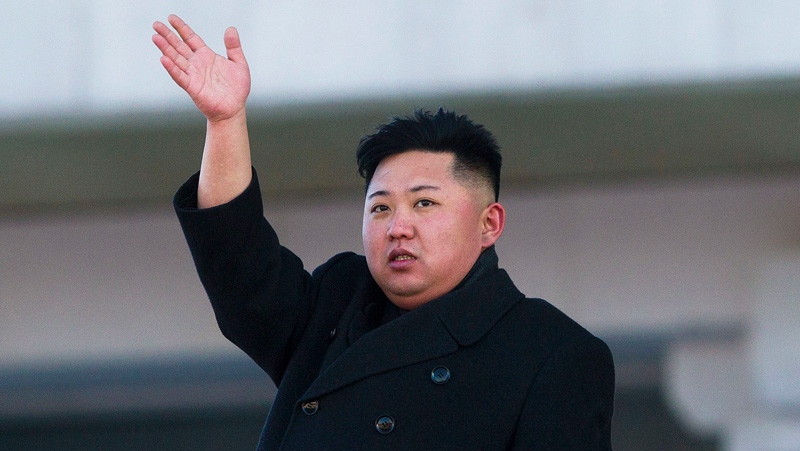North Korea’s options
September 19, 2017 | Expert Insights

Will an oil embargo on North Korea successfully be able to curb the nation’s unchecked nuclear activity?
Perhaps the solution to its survival could be found in Nazi Germany.
Background
Between July and September 2017, North Korea has test launched a number of missiles including intercontinental ballistic missiles. In addition, has flown two missiles over Japan and called it the “first step” in its Pacific operations. It also conducted a nuclear test that triggered an earthquake of 6.3 magnitude.
The UN has imposed sanctions on the isolated nation twice in matter of few months. The latest round of sanctions that have been imposed on North Korea are among the harshest to be imposed on the nation. There is now a ban on textile exports and a call to reduce oil imports by 30%. There is also a ban on hiring North Korean workers overseas. There are currently 100,000 North Koreans employed outside of the country.
In 1933, the international community began a trade boycott in Germany alarmed by the rise of Nazism. The boycott was primarily spearheaded by America and the United Kingdom and it was in response to the anti-sematic laws that had been passed by the Nazi party under the control of Adolf Hitler.
In 1940, UK’s Royal Air Force and the United States Army Air Forces ordered a complete embargo on oil. The Allied oil campaign was directed towards ensuring facilities would not supply Germany with petroleum, oil and lubrication products. This was to choke the country and prevent it from using these materials in building weaponry.
Analysis
US Secretary of State, Rex Tillerson, said that in addition to the UN sanctions, China should cut off its oil supply to North Korea. He said, “I am hopeful that China, as a great country, a world power, will decide on their own and will take it upon themselves to use that very powerful tool of oil supply to persuade North Korea to reconsider its current path towards weapons development.”
China has refused America’s suggestion. Cui Tiankai, China’s ambassador to the U.S said that the country will impose the UN sanctions “no more, no less.”
However, even if China were to cut off oil supply to North Korea, experts state that it may not affect it. Pierre Noel, a senior fellow for economic and energy security at the International Institute for Strategic Studies in London was quoted by Bloomberg stating, “The trouble is that North Korea does not, strictly speaking, need oil from China. The idea that an oil embargo would be so drastically painful that they will say, ‘Sorry, we’re back the negotiating table,’ is just totally not credible.”
One of the ways Nazi Germany was able to survive during the oil blockade was by liquefying coal. North Korea could follow in its footsteps metaphorically. The nation has rich reserves of coal and thus will be able to make up to the oil it may lose if China decides to cut it off. In order to meet its 2015 oil imports, North Korea will have to liquefy about 6 million tons of coal, according to Noel. The country had exported 25 million tons of coal from China in 2015. In 2016, UN imposed a sanction stating that the nation could only export 7.5 million tons of coal in a year. Thus, North Korea mathematically has enough coal reserves to be able to begin liquification process. However, experts also state that liquefying coal is an extremely expensive process and perhaps North Korea may not have the resources to continue it indefinitely.
However, the nation is not ready to back down to international pressure. Kim Jong Un has been quoted by the state media as saying, “Our final goal is to establish the equilibrium of real force with the U.S. and make the U.S. rulers dare not talk about military option.”
Assessment
Our assessment is that the solution with countering the threat posed by North Korea’s nuclear program may not lie in sanctions and embargos. We believe that a diplomatic dialogue between North Korea and the international community is the need of the hour.








Comments